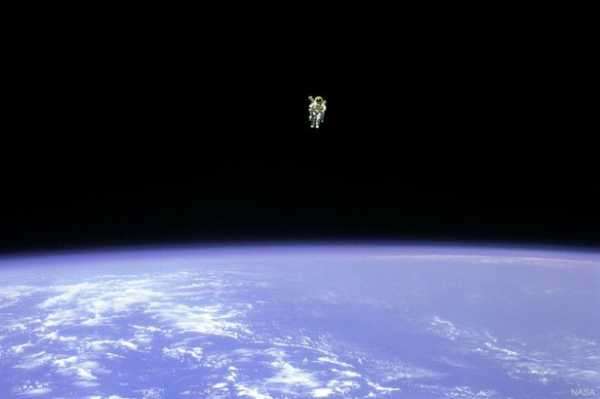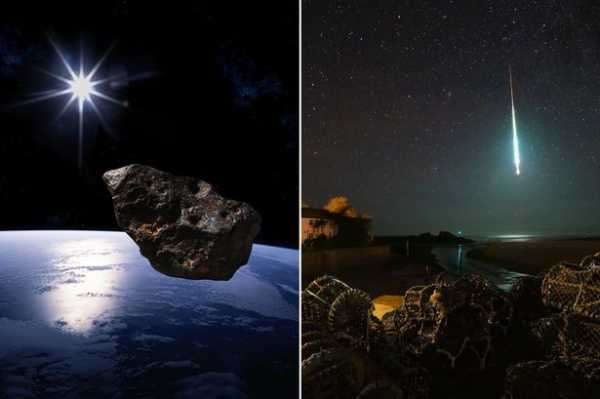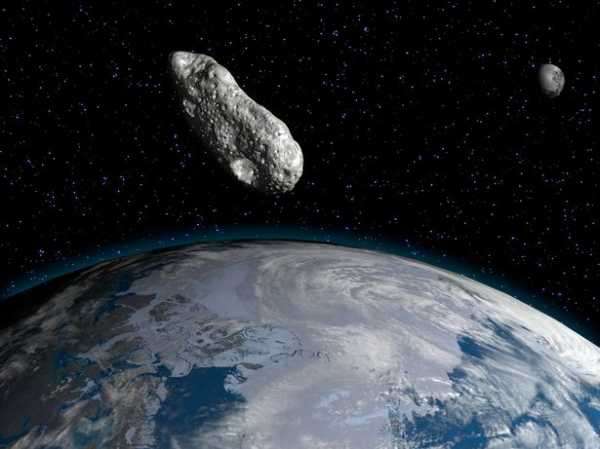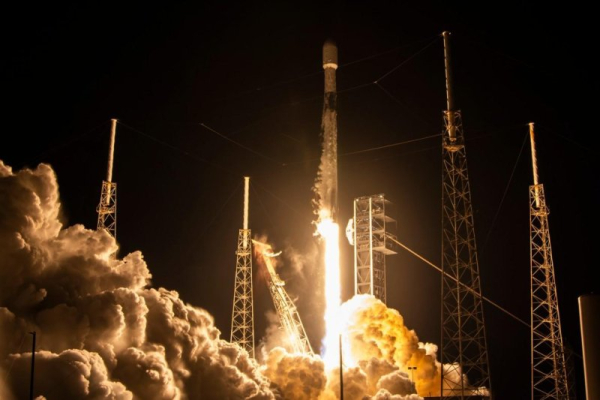The asteroid, dubbed 2020 BR10, is set to fly past Earth at around 14:55 GMT today, according to the space agency
-

NASA shares incredible photo of astronaut floating in space during untethered spacewalk
-

Fireball meteor streaks through night sky over Cornwall in stunning image
A huge asteroid is set to whizz past our planet today, NASA has revealed.
The asteroid, dubbed 2020 BR10, is set to fly past Earth at around 14:55 GMT today, according to the space agency.
NASA predicts that the space rock is between 75 and 170 metres in diameter. At the higher end of that estimate, it suggests the asteroid could be roughly the same size as London’s St Paul’s Cathedral!
During the passing, the asteroid will be around 3.6 million miles away from Earth. While that might sound far, it’s classed as a ‘close approach’ by NASA.
However, 2020 BR10 isn’t the only asteroid passing our planet today – three other asteroids have already made close approaches this morning, and a fourth is set to fly by tonight!

(Image: Getty Images/Science Photo Libra)
The three space rocks this morning were much smaller, with the largest measuring an estimated 41 metres in diameter, while tonight’s asteroid is expected to be just 21 metres in diameter.
Thankfully, the chances of any of today’s asteroids colliding with our planet are extremely low.
However, NASA hasn’t written off the chances of an asteroid collision in the near future.
NASA discovers around 30 new ‘near-Earth objects’ (NEOs) every week, and at the start of 2019 had discovered a total of more than 19,000 objects.

St Pauls Cathedral
(Image: Getty)
However, the space agency has warned its NEO catalogue isn’t complete, meaning an unpredicted impact could occur at ‘any time.’
NASA explained: “Experts estimate that an impact of an object the size of the one that exploded over Chelyabinsk, Russia, in 2013 – approximately 55 feet (17 meters) in size – takes place once or twice a century.
“Impacts of larger objects are expected to be far less frequent (on the scale of centuries to millennia).
“However, given the current incompleteness of the NEO catalogue, an unpredicted impact – such as the Chelyabinsk event – could occur at any time.”
Sourse: www.mirror.co.uk





